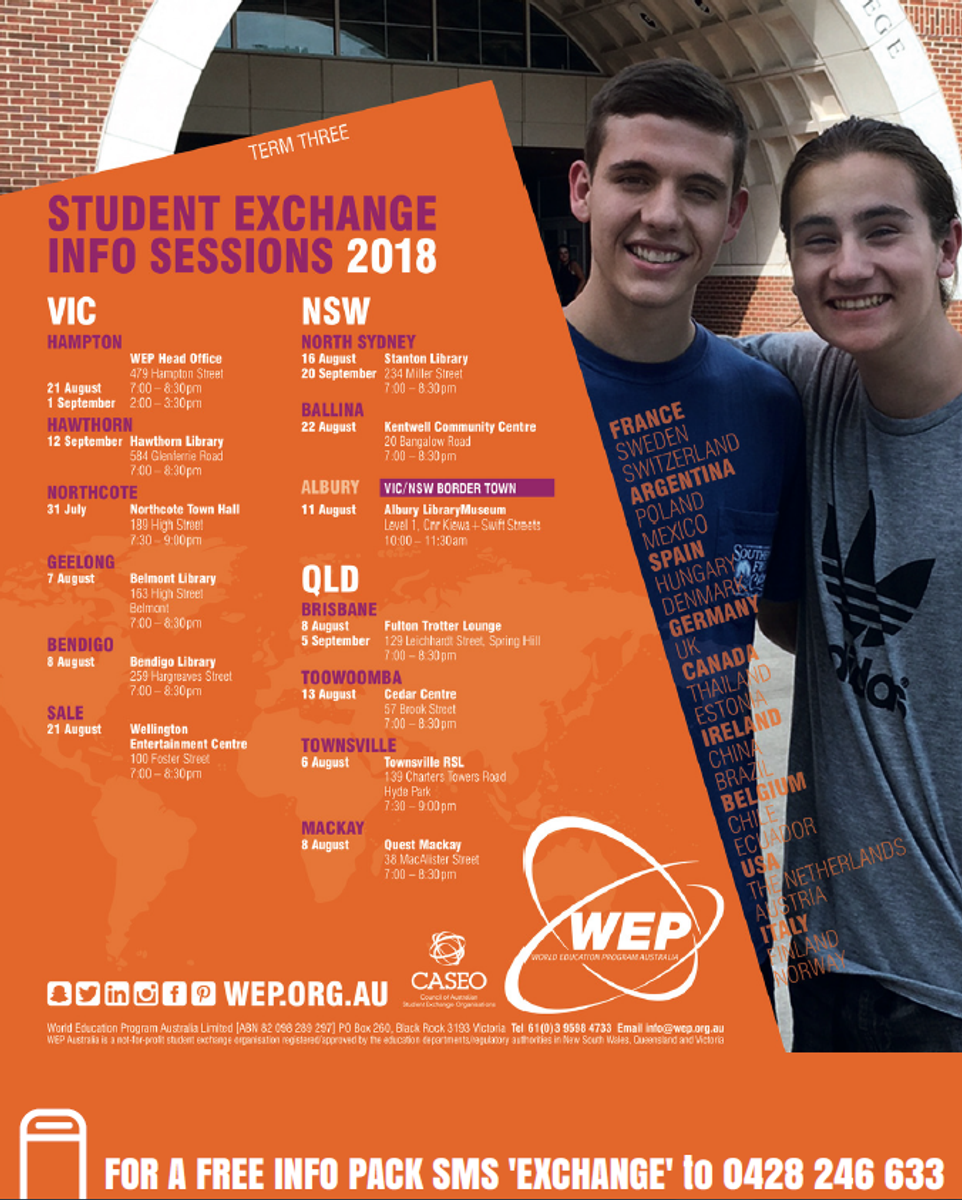LANGUAGES
The French team celebrates its World Cup victory (Darren Staples/Reuters).

LANGUAGES
The French team celebrates its World Cup victory (Darren Staples/Reuters).
France has been in the news lately with the French football team winning the 2018 FIFA World Cup in Russia, the celebration of Bastille Day on 14 July and the Tour de France is currently nearing the end of the three-week race.










An Indonesian runner, Lalu Muhammad Zohri, has shocked the Athletics world by winning a gold medal at the International Association of Athletics Federations World Under-20 Championships men’s 100 metres.


Learning a language can help you to seize a world of opportunity that connecting with another culture can bring. It helps to develop essential areas of the brain. It helps children to think more creatively, connect ideas and solve problems. Learning another language means more than just memorising lists of words. Languages all use different 'systems'. Children automatically compare and contrast the system of the new language they are learning with English.
This gives them an insight to how English works, which accelerates their ability to read and write. Learning another language strengthens children's memory for sequences and their ability to concentrate and build connections. Learning another language is associated with excellent, long-term academic results. Studies show that in the world's highest-performing school systems, all students in all year levels learn one or more languages.
Learning another language sparks children's curiosity for other cultures. It opens their minds to different ways of living and promotes harmony and respect in the schoolyard and beyond. It is crucial to preparing children for our increasingly globalised and multilingual jobs market.
Remember, learning any language – whether it's French or Indonesian, Chinese or Portuguese – helps children to become better thinkers, better communicators and better global citizens.
Watch these testimonials from four Victorian students who share their experience of learning a language:
Leonard Krasny
http://fuse.education.vic.gov.au/Resource/LandingPage?ObjectId=8fcec869-a9f5-4092-a397-dae31963549b
Zillah Hansen http://fuse.education.vic.gov.au/Resource/LandingPage?ObjectId=25ee6043-dc64-4f55-b0b8-81f24db6100b
Heath Jamieson
http://fuse.education.vic.gov.au/Resource/LandingPage?ObjectId=91c391df-d769-4ec6-a7b1-5eb89e7bd875
Hannah Ekers http://fuse.education.vic.gov.au/Resource/LandingPage?ObjectId=97a1a657-42b9-4ca1-8f48-6a943e394a9f
Learning a language:


Sharon Stoyanoff
Head of Languages